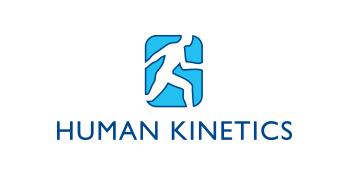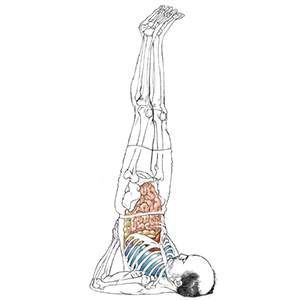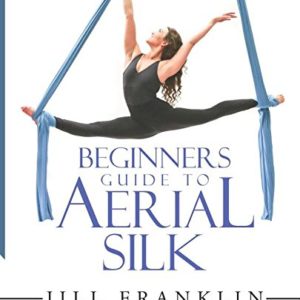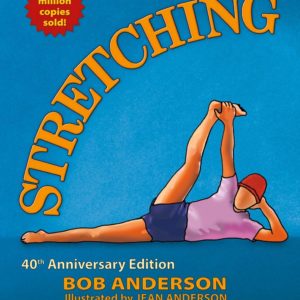Description
Price: $9.48
(as of Oct 18,2022 14:07:25 UTC – Details)
From the Publisher



Audiences: Yoga enthusiasts, yoga instructors, and other fitness professionals; reference for health and medical professionals and for physical education, kinesiology, and anatomy students.
The best-selling guide to exploring yoga poses is now better than ever
Understand the anatomy of yoga
With more full-color anatomical illustrations and in-depth information, the third edition of Yoga Anatomy provides you with a deeper understanding of yoga and of the structures and principles underlying each movement.
From breathing to standing poses to inversions, see how specific muscles respond to the movements of the joints, how alterations of a pose can change its effect, and how the spine, breathing, and body position are all fundamentally linked.
SALAMBA SARVANGASANA | Supported Shoulder Stand






SALAMBA SARVANGASANA
sah-LOM-bah sar-van-GAHS-anna
salamba = with support (sa = with, alamba = support); sarva = all; anga = limb
Notes
The foundation of this pose, as in setu bandhasana (page 238), is your shoulder girdle (not your neck). To truly be a shoulder stand, the muscles that elevate, adduct, and downwardly rotate your scapulae must be strong enough to keep your scapulae in that position despite the weight of your entire body resting on them. When preparing for this pose, it is essential that your scapulae find elevation along with the other actions; if your scapulae are depressed, your cervical spine receives the weight of your whole body while in a flexed position, which makes it more vulnerable to injury from overarticulating.
Breathing Inquiry
Can you sense the relationship between the mobility and stability of your shoulder girdle and the relative freedom of your breath in this position? This pose takes a considerable amount of both flexibility and strength in your entire shoulder region. Do you notice the relationship between the integrity of your shoulder girdle and the tendency of your weight to shift down into your
thorax and add resistance to the movements of your diaphragm? Wherever your hands are placed, can you sense breath movement beneath them?
As with any inversion, a possible point of focus is keeping the base of your rib cage open, allowing your diaphragm and abdominal viscera to shift effectively cranially. What effect does that headward shift have on your breath?


Publisher : Human Kinetics; Third edition (October 19, 2021)
Language : English
Paperback : 344 pages
ISBN-10 : 1492596477
ISBN-13 : 978-1492596479
Item Weight : 1.8 pounds
Dimensions : 7 x 0.9 x 10 inches






Reviews
There are no reviews yet.